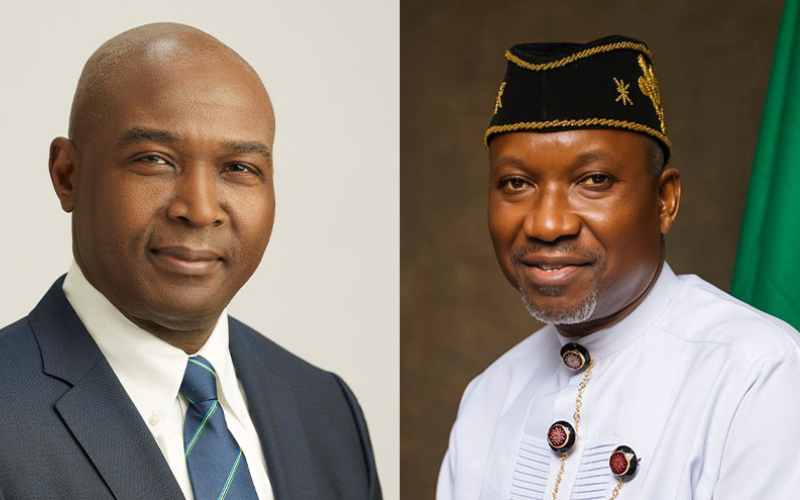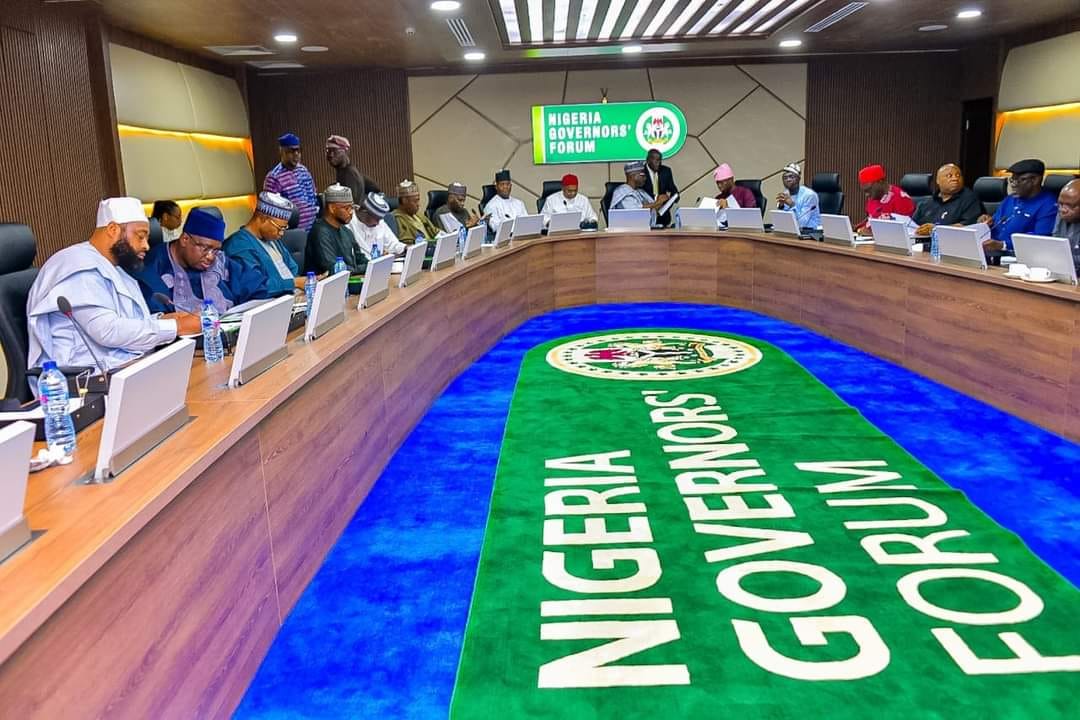Nigeria’s education sector remains vulnerable to the short term calculations of politics rather than the long term needs of learners, contends JOAN OSA OVIAWE
When I first reviewed exam enrollment data as Commissioner for Education in Edo State, what I saw was not just statistics on a page but the story of children being lost at every step of their education. The data showed how a system that begins with hope at Primary One ends in disappointment for far too many by the time of WAEC. Edo had more than 1,000 public primary schools, yet only about 300 public junior secondary schools, fewer than 300 public senior secondary schools, and just five technical and vocational schools. The exam candidates, drawn from both public and private schools, reflected these gaps starkly – nearly 100,000 sat for the Primary Six exam, but only 60,000 made it to JSS 3, and by the time of WAEC fewer than 35,000 remained. Thus, only 1 in 3 survived the journey from primary to senior school.
Behind each of these figures is a child whose future narrows too soon. Some are forced out by poverty, others by early marriage, and many more by the simple absence of schools to continue their education. Together, the numbers expose the weak transitions, underbuilt secondary infrastructure, and policy neglect that fuel Nigeria’s crisis of out-of-school children.
And yet, new primary schools keep springing up, often not because communities need them but because they are politically expedient. According to INEC, Nigeria has more than 176,000 polling units, many of them in or around primary school premises, making these schools highly visible during campaigns. In many communities, they stand less as centers of learning and more as political monuments with politicians prioritizing them as constituency projects, while secondary schools remain neglected. This is not only an Edo story, it is a Nigerian story.
At independence in 1960, Nigeria inherited a dual system of education; the community based training that had long sustained families and apprenticeships, and the literacy driven model introduced by colonial authorities, which created sharp divides in opportunity. With a population of 45 million, less than 1 in 4 children were enrolled in primary school, barely 1 in 100 advanced to secondary, and university education was the preserve of only a few thousand (Fafunwa, 1974).
The leaders of that era understood that education was central to national development. They launched ambitious programs like the Universal Primary Education scheme of 1976 and, later, the Universal Basic Education programme of 1999, both aimed at expanding access and closing the gaps left by colonial rule. But these initiatives soon became hostage to politics. Oil booms and busts, military coups, and shifting party agendas repeatedly interrupted reforms, while successive governments often chose to abandon or rebrand the work of their predecessors rather than build on it. What could have been steady progress became a cycle of expansion and collapse, leaving classrooms overcrowded, teachers poorly trained, and infrastructure uneven.
The impact of these policy discontinuities has been profound. Nigeria’s education sector remains vulnerable to the short term calculations of politics rather than the long term needs of learners. Each change of government has too often meant a change of priorities, a reshuffling of programs, and the loss of continuity that effective education systems depend on. The result is that, 65 years later, millions of children are still being left behind.
Today, Nigeria has about 20 million out of school children and youth, more than the entire population of at least 22 African countries. Even for those in school, learning is not guaranteed, UNICEF and the World Bank report that 70% of children cannot read and understand a simple text by age 10. This silent emergency, known as learning poverty, is a national crisis hiding in plain sight.
In Edo, we tackled this through the Edo Basic Education Sector Transformation (EdoBEST) reforms. As a result of measurable learning gains and improvements in foundational literacy and numeracy, the state was recognized as part of the global network of Accelerator Countries, even though we are a sub national. This select group includes Brazil, Ecuador, Kenya, Morocco, Mozambique, Niger, Pakistan, Rwanda, Sierra Leone, and Edo State. Edo’s inclusion placed it alongside these reformers, showing that with the right mix of political will, teacher support, and accountability, progress is possible even in difficult contexts.
Working with then Governor Godwin Obaseki, we revived the largely neglected disarticulation policy of the Federal Government, first introduced in 2004 but left dormant nationwide, with the aim of closing the gaps in access and progression. We built a plan through wide consultations, where civil servants, unions, headteachers, civil society, parents, and even learners had a voice. Together we mapped out four phases and also built additional classroom blocks in junior secondary schools as part of the inventory of over 500 primary and junior secondary schools renovated or rebuilt. Phase 1 was to merge underutilized primary schools in communities with too many and convert them into junior secondary schools, which would have raised the number of JSS from barely 300 to over 450 at minimal cost. Phase 2 was to physically separate junior secondary schools from senior secondary schools, giving learners clearer pathways. Phase 3 was to revive moribund secondary schools in rural areas, build new ones where none existed, and require all new basic schools to provide 9 years of basic education plus early childhood learning in one compound. Phase 4 was to build at least 1 TVET school in every Local Government Area, with the more populous LGAs hosting at least 3, and to partner with leading corporations to build TVET institutions as part of corporate social responsibility or through tax credits.
These reforms were rooted in hard data and in the lived experiences of families, and they were designed to ensure that learners would not be stranded between primary and secondary school. Reform is not a project to be completed in one tenure, it is an ongoing process that requires several years of consistency and protection from policy disruptions to achieve full disarticulation, and what we started remains a blueprint for how to realign infrastructure, policy, and access with the needs of learners.
The deeper challenge lies in Nigeria’s governance culture. Civil servants were once trained to end memos with “awaiting further directives, please,” a habit of passivity that lingers. In Abuja, every crisis seems to trigger the creation of yet another agency, commission, or board. Over time, this forest of institutions has grown unwieldy, consuming scarce resources in bureaucracy instead of delivering to learners. What is needed is not new structures but continuity, coordination, and sharper focus. Edo’s experience showed that when resources flow directly into classrooms, teacher training, and learning materials, results follow.
Depoliticizing education does not mean ignoring politics. It means agreeing across party lines that no child’s future should depend on who holds office. Education must be treated as national infrastructure, not a bargaining chip. Programs should be enshrined in law and shielded from turnover, budgets must be steady and predictable, and teachers recruited and promoted on merit. Parents and communities should be partners in accountability, and above all, learners must sit at the center of every decision.
At 65, Nigeria must ask what independence truly means if our children remain trapped in cycles of poverty because we failed to educate them. Political freedom without educational sovereignty is hollow. Education is the ultimate independence project: it is how a girl in Sokoto can dream of becoming a doctor, how a boy in Borno can imagine life beyond the street corner, how a teacher in Edo can rediscover pride, and how a headteacher in Lagos can stand tall knowing she is shaping the next generation.
The children of Nigeria are not waiting for us to resolve our politics. They are waiting for us to rise above it. If we can build a bipartisan compact that puts education first, then at 65 Nigeria will not just be counting years of independence, it will be laying the foundation of a nation where the promise of freedom is matched by the power of learning.
Oviawe, PhD, is an education reform advocate and former Commissioner for Education in Edo State (2021-2024). joanoviawe@yahoo.com




